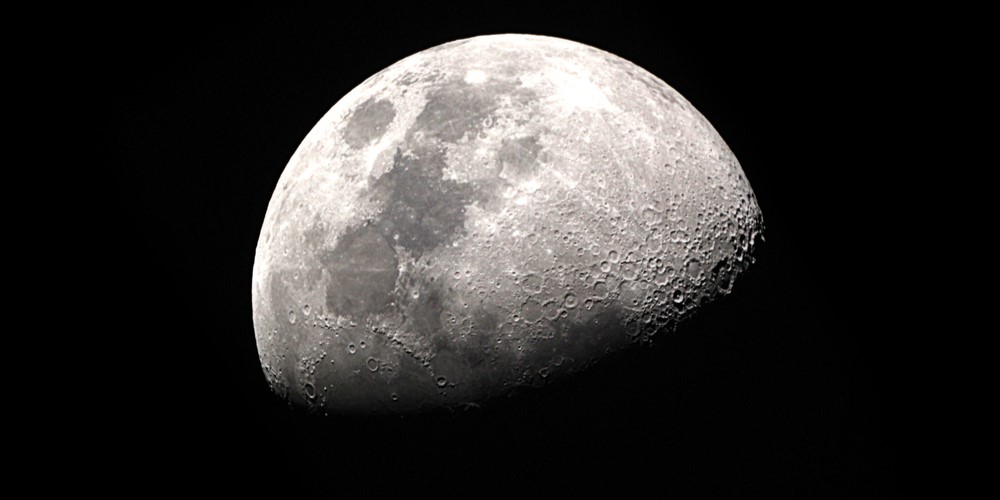The Russian-Chinese project to establish a lunar base has garnered international support.
Others are reading now
Twelve countries and international organizations have joined the Russian-Chinese initiative to build the International Scientific Lunar Station (ISS), according to Sergei Savelyev, Deputy General Director for International Cooperation at Roscosmos.
“As of now, 12 countries have joined our project with China, including the United Arab Emirates, South Africa, Pakistan, Belarus, Turkey, and several others,” Savelyev stated during a plenary meeting of the State Duma on Tuesday.
He added that international organizations involved in space activities are also participating in the Russian-Chinese project.
Also read
While the Russian-Chinese project continues to attract new partners, it faces competition from the Artemis lunar exploration program, led by the United States.
According to Savelyev, about 40 countries, primarily from the European Union and other Western nations, have joined the Artemis initiative.
Despite the apparent competition, Savelyev downplayed the potential for conflict. “The likelihood of a threat of split if unfriendly countries enter our project—we do not see such risks,” he asserted.
Historical Agreements and Future Plans
The State Duma recently ratified an agreement between Russia and China on cooperation in creating the International Scientific Lunar Station. This follows the June 2021 presentation of a road map for the joint lunar base construction and a March 2021 intergovernmental memorandum of understanding.
Looking ahead, Yuri Borisov, head of Roscosmos, outlined a timeline for the Russian-Chinese lunar expansion, set to commence after 2036.
Earlier this year, Roscosmos’ general director revealed plans to deploy and operate a nuclear power plant on the Moon between 2033 and 2035.
In contrast, the Artemis program, unveiled in September 2020, aims to return American astronauts to the lunar surface for the first time in over 50 years. This initiative includes constructing a lunar station and preparing for the potential future colonization of the Moon.


